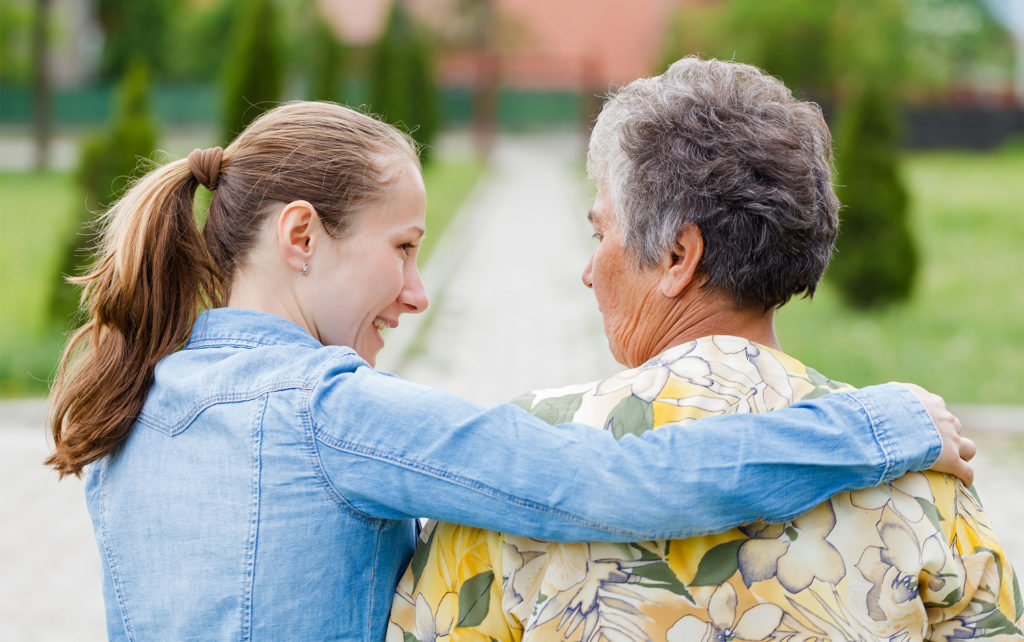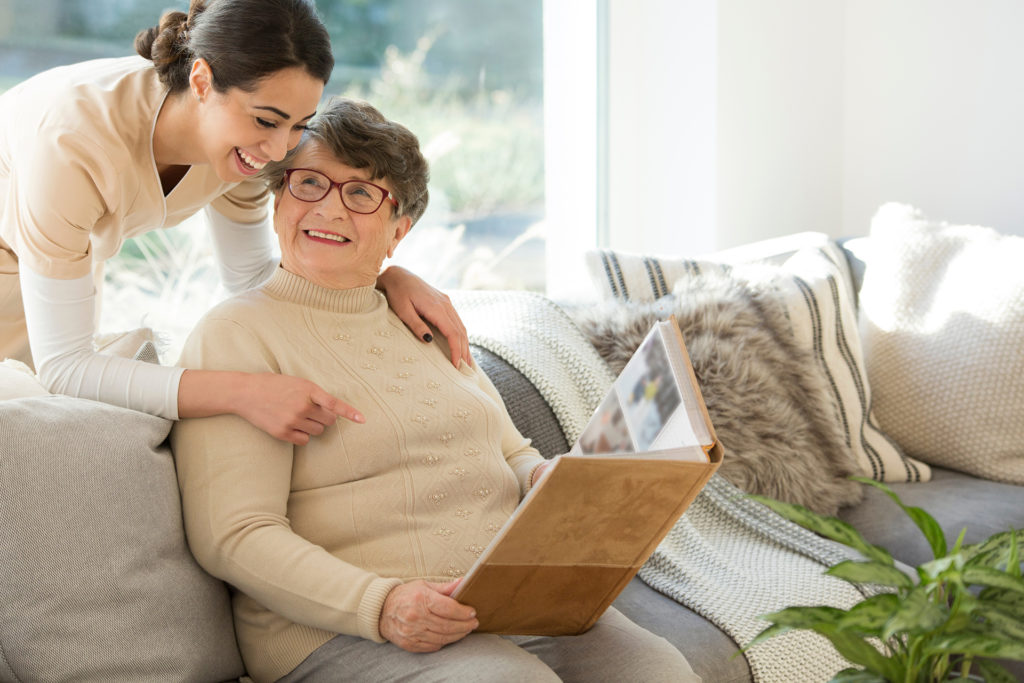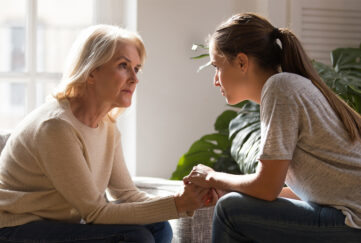Expert Reveals 5 Warning Signs To Watch For In Older Relatives

As chilly January stretches ahead, there are some important signs we need to watch out for in our older relatives to help them keep well.
Over the last ten years, according to research from Age UK, a quarter of a million older adults have died from the cold in the UK. This year, severe cold weather and the cost of living crisis pose an even greater challenge to ageing adults across the country.
It’s important to pay close attention to any signs that an older loved one is struggling with health problems. In this way families can intervene and prevent anything more serious developing.
Data from 29,000 older adults
Johanna Barlow, qualified medical professional and Head of Product at birdie, the country’s leading home healthcare tech company partnering with over 700 care businesses, has done the hard work for you.
By looking at birdie’s digital records from last December, compiled by care professionals from contact with over 29,000 older adults, Johanna has listed the five most common symptoms identified by the birdie platform.
These common symptoms can help families catch health issues early. This can prevent them from developing into more serious health conditions, such as a heart attack, hypothermia, flu, bronchitis or pneumonia.
Be alert for these 5 warning signs…
Dizziness
Dizziness is easy to dismiss – you probably just think someone got up too quickly or needs to eat. But it can actually be a sign of something much more serious.
Johanna said, “Over a third of the older adults who suffered a heart attack communicated feeling dizzy. On the other hand, left arm pain, the symptom most associated with cardiac problems, was brought up by only 11% of the adults who suffered a heart attack last December.
“In a nutshell, experiencing dizziness is not usually too serious. But it can be a sign of something underlying. Especially – but not exclusively – if associated with other symptoms like
- tinnitus (ringing in your ears)
- numbness
- tingling
- weakness
- loss of consciousness
- headaches.”
Dry skin
The combination of cold-like symptoms, accompanied by dehydrated skin and disorientation, was present in 94% of older adults who experienced hypothermia.
“Despite being commonly seen as just a reaction to seasonal change, dry skin can actually be a sign of hypothermia, or even the cause of an underlying skin condition such as eczema.
“It can be more worrying if associated with – and not exhaustive to – cracks in the skin, redness and unwellness,” added Johanna.
Encourage your loved one to heat one room to a comfortable level, dress in layers, move around as much as possible and have regular hot drinks to keep their body temperature up.
Colds and fatigue
If you notice that a relative is fighting a cough and always looks tired, you might need to intervene. 18% of the older adults who caught flu had a cough, and almost 90% mentioned tiredness.
Johanna warns, “Flu in older adults can be dangerous. Seniors are more likely to suffer complications such as pneumonia as a result. Other more rare complications with an increased risk are heart attacks and strokes. This is why adults over 65 are offered flu vaccinations.”
Cough that won’t go away
Predictably, a cough is the number one symptom of bronchitis. Out of 3,090 older adults who experienced bronchitis last December, there were 9,452 cough observations.
Johanna noted, “Simply put, a chronic cough can be a sign of something underlying. If a cough lasts for more than three weeks it’s generally deemed persistent and may need your attention.”
Lack of appetite
When it comes to food, a lack of appetite can be a reason to worry. Our data showed that, for every person who was diagnosed with pneumonia, a lack of appetite observation was reported more than once. This is by far the most common symptom our care professionals observed in older adults, followed by mucus and a fever.
“However, it’s worth noting that a smaller appetite is common amongst adults as they age,” Johanna says. “A lack of appetite manifests as not feeling hungry and so calorie intake declining. This symptom can also be associated with
- depression
- acid reflux
- cancer
- a number of other conditions.”
Keeping our loved ones safe
In short, it’s important we take the time to check in with our loved ones and keep an eye out for changes in their behaviour. This data is just a snapshot, but it can provide valuable insight to help prevent conditions from escalating.
By checking in and working with your loved one’s care professional or doctor, you can ensure that everyone has a safe and healthy start to 2023.











